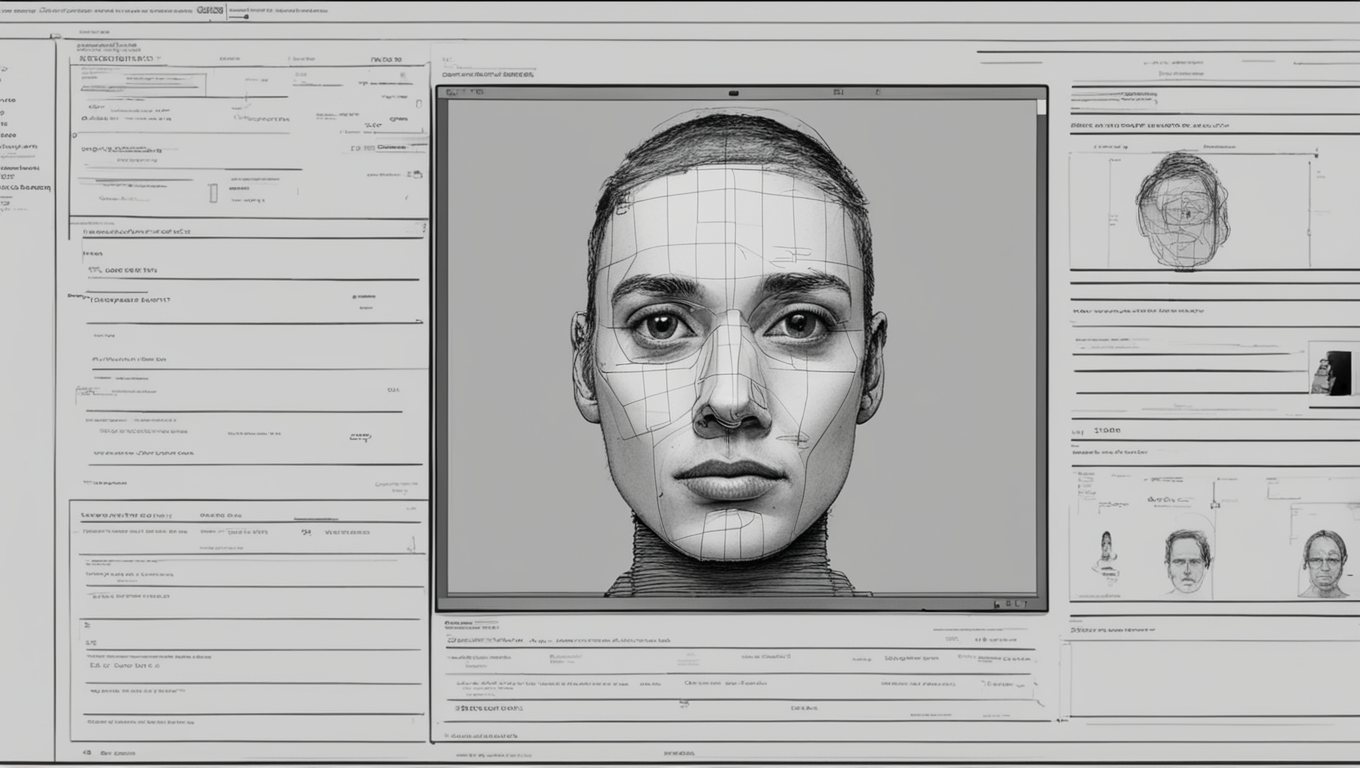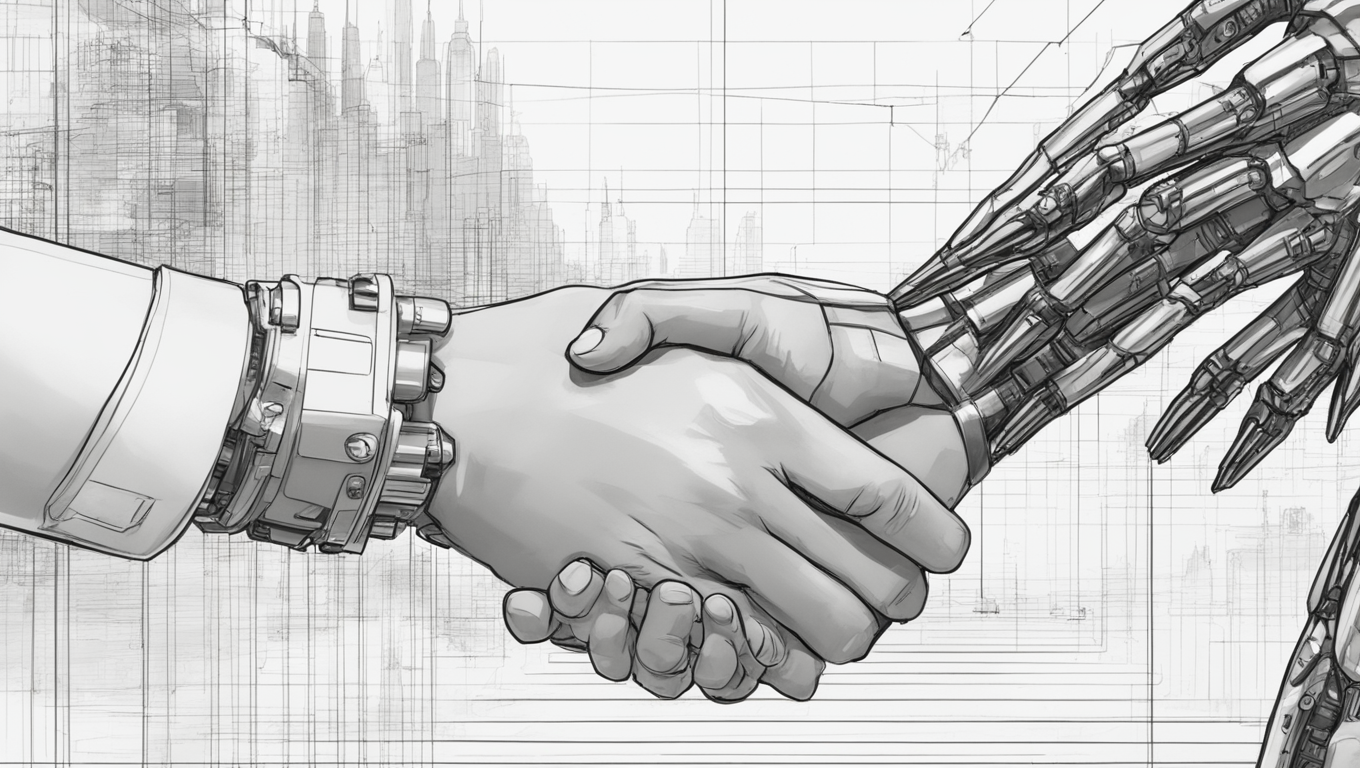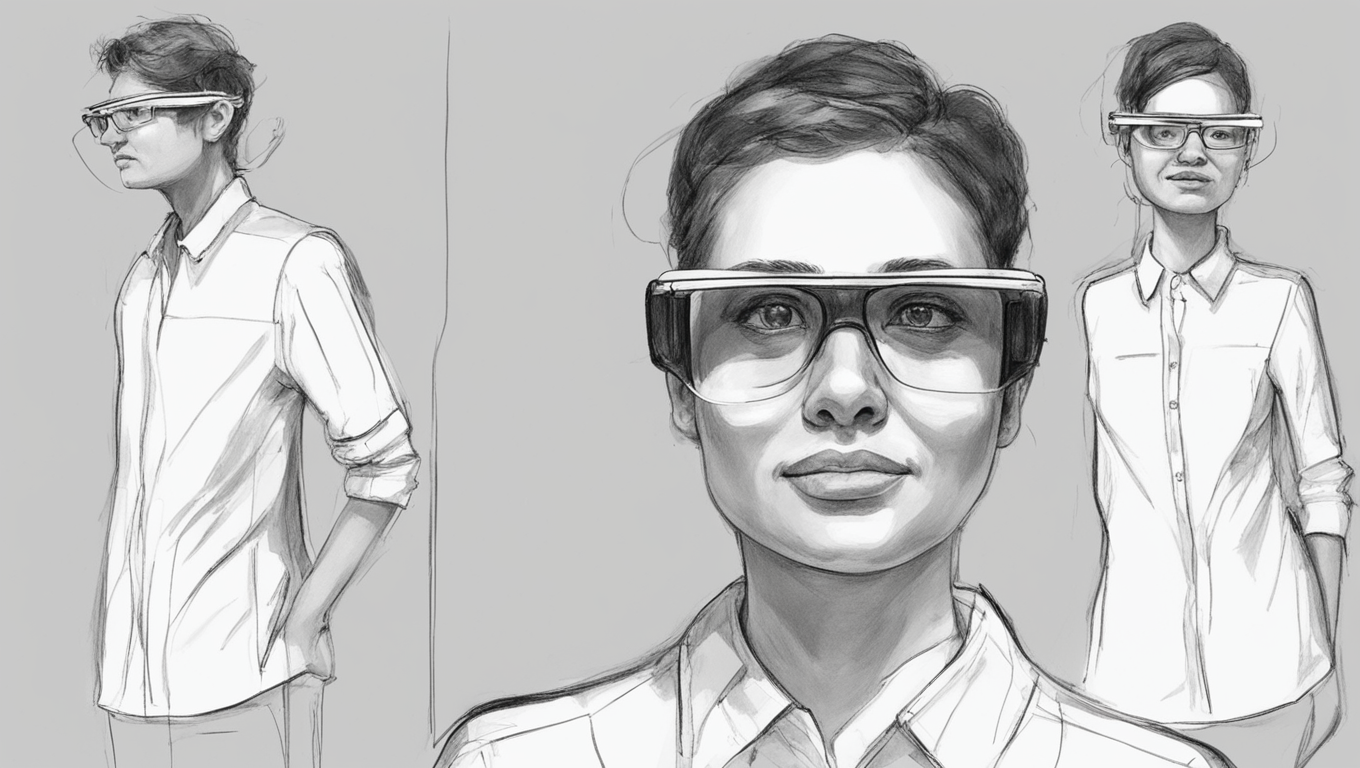In the era of advanced technology and social media, deepfake videos have become a growing concern for authorities worldwide. These videos, altered using artificial intelligence to create realistic yet completely fictional scenarios, have raised alarm bells, particularly in the realm of politics. In an effort to combat this threat, the Korean National Police Agency has recently developed a groundbreaking deepfake detection software.
With the upcoming general elections in April, the Korean National Police Agency recognized the urgent need for a robust solution to prevent the spread of manipulated videos that could potentially influence voters. In December, a revision to the Public Official Election Act in Korea explicitly banned the use of fake content, such as deepfake videos, in election campaigns. However, detecting these videos has proven to be a challenging task.
To address this challenge, the Korean National Police Agency unveiled their new deepfake detection software. This cutting-edge technology employs sophisticated algorithms to analyze videos suspected of using deepfake techniques, such as face swapping, and determines their authenticity within a remarkably short timeframe of five to ten minutes. Once the analysis is completed, a detailed report is generated, providing valuable information for police investigations.
The previous deepfake detection system used by the Korean National Police Agency was developed overseas and primarily focused on recognizing non-Asian ethnicities, yielding unsatisfactory detection rates for deepfake videos featuring Koreans. To rectify this limitation, the new software was developed based on a vast dataset of 5.2 million data points, encompassing 5,400 people. This dataset includes one million data points from Koreans and 130,000 data points from other Asian ethnicities, ensuring more accurate detection rates for deepfake videos in these populations.
Moreover, the Korean National Police Agency incorporated the latest advancements in artificial intelligence (AI) into the software to enhance its capabilities in detecting new forms of deepfakes that it wasn’t previously trained on. This ensures that the software remains adaptable and effective in countering rapidly evolving technologies.
While the detection rate of the software ranges up to approximately 80 percent, it’s important to note that it is not completely infallible. Therefore, the police officials intend to utilize the software’s findings to guide the direction of investigations rather than as direct evidence. However, with consistent upgrades and improvements planned for the software, the Korean National Police Agency aims to increase its accuracy in detecting not only deepfake content associated with elections but also those used in other crimes, such as sex crimes.
Recognizing the constant evolution of deepfake technologies, the Korean National Police Agency has also implemented measures to minimize the risk of false detection during the April general elections. They plan to cross-verify the software’s findings with AI experts in academic and business fields, ensuring a comprehensive and reliable assessment of suspicious videos.
This groundbreaking deepfake detection software developed by the Korean National Police Agency marks a significant step forward in the fight against manipulated videos. As technology continues to advance, authorities worldwide must remain vigilant and proactive in their efforts to safeguard the integrity of information and elections.





Use the share button below if you liked it.